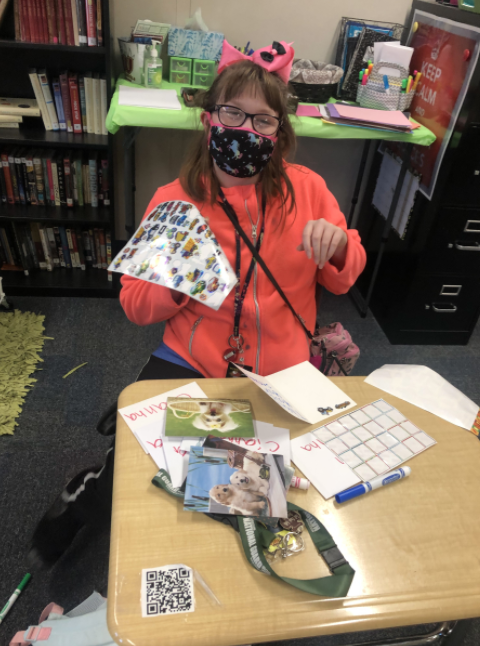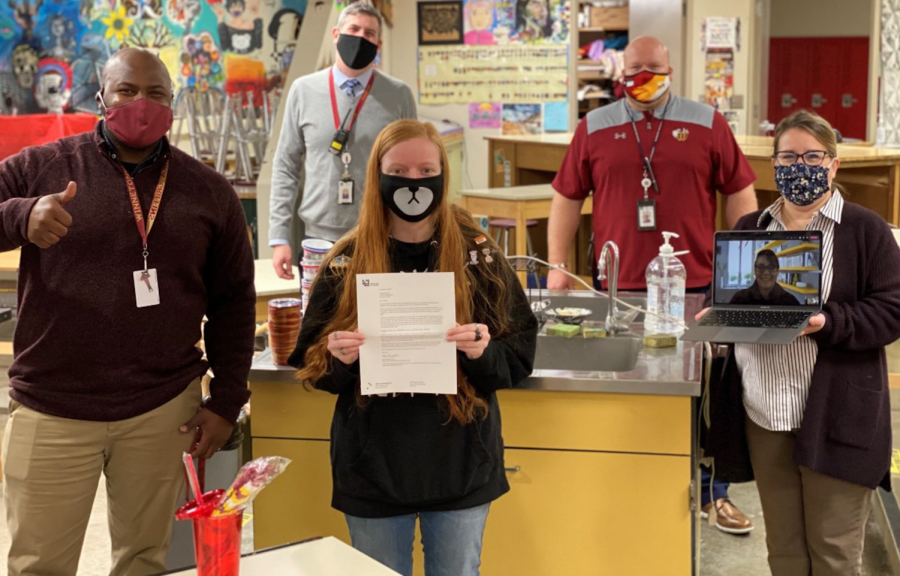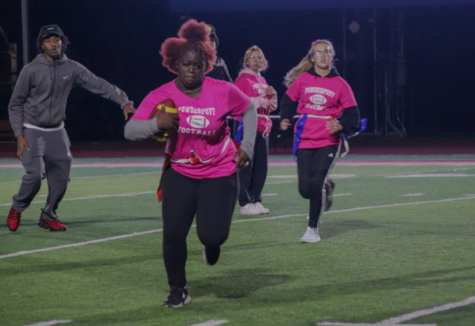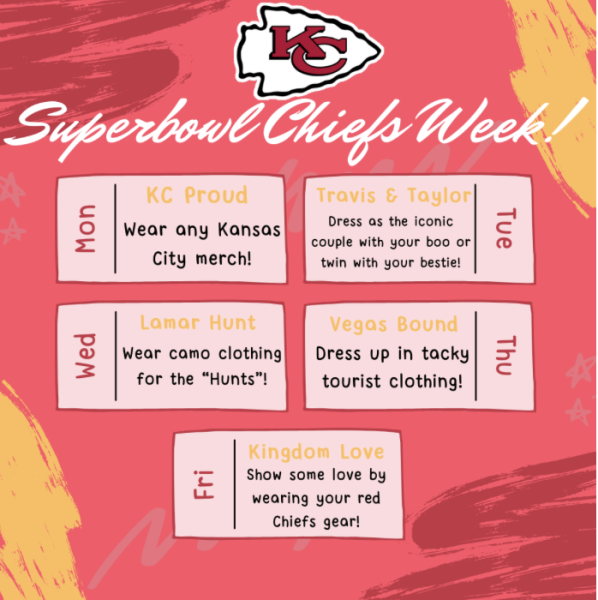The brain blues
Coping skills to make depression more manageable
October 21, 2018
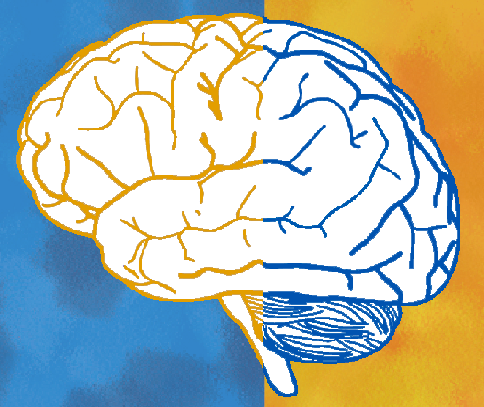 People with depression often feel like there is nothing in the world that can make the pain go away. It’s a normal occurrence for individuals to get a whiff of depression during their teenage years, especially when they hit puberty. Around this time teens start stressing about grades, graduation, identity roles and social pressure. However, if these feelings do not resolve themselves, seeking medical attention may help.
People with depression often feel like there is nothing in the world that can make the pain go away. It’s a normal occurrence for individuals to get a whiff of depression during their teenage years, especially when they hit puberty. Around this time teens start stressing about grades, graduation, identity roles and social pressure. However, if these feelings do not resolve themselves, seeking medical attention may help.
According to the Hope for Depression Research Foundation, “Depression is a serious medical condition that is associated with symptoms such as melancholy, loss of pleasure, loss of energy, difficulty in concentrating and suicidal thoughts.”
Thoughts of anxiety, apathy, discontentment, guilt, hopelessness, instability, restlessness and sadness may cloud the psyche of people with depression. In addition to the mental symptoms, there are many physical signs of depression such as excessive hunger, fatigue and loss of appetite. Behavioral symptoms may include agitation and frequent crying.
Scientific research on the brain shows that “neurons never function in isolation. They are organized into ensembles or circuits that process specific kinds of information,” stated Khan Academy.
Although many factors can contribute to clinical depression, a diagnosis is not contingent upon the way someone acts or lives. Clinical depression is a chemical imbalance in the brain.
Having a diagnosis of clinical depression may feel like a losing battle, but a diagnosis can be managed with a few different interventions, including coping skills. Coping skills are useful because they can be implemented in the daily lives of people with depression and can make a big difference.
Establishing a routine provides stability. When dealing with depression, it’s easy to become overwhelmed. Establishing a routine can help those dealing with depression function more effectively and have a more productive day.
Goal-setting is another helpful coping skill. By setting goals, individuals with depression have something to work for and look forward to. By starting with small, manageable goals, individuals with depression feel accomplished and are able to build their confidence. All together, these small coping skills can add up to make a big impact on people dealing with this scary diagnosis.
Student Opinions:
Students share their experiences with depression.

“Whenever I was depressed, it was because of an injury that I got during soccer, and soccer is my life, so not being able to play really put me down. I coped with it through my friends. They always made sure I was having a good day. There’s always help, especially when you have people around you that care. That’s one thing, for sure, to always make sure you have someone who cares for you, even if you don’t want to talk about it,” senior Hani Yousif said.

“When I was younger [8th grade], I had ovarian cancer. I went through five to six surgeries in six months to get rid of it. I missed most of my school. I try to find people that won’t cause more depression, or cause more stress. And I try to talk about it more with my mom, and with friends and I have a counselor for it. I try to help people with depression even though I have it myself,” sophomore Brittany McClure said.
“I’ve had it [depression] since I turned 11. In 7th grade, I wasn’t able to cope with it, and I tried to overdose and kill myself. I was cutting, and then I got put into a hospital and they put me on meds for it, so I’ve been taking medicine since then to try to make it better. I try not to think about it, but the medicine does help a lot. And just doing things that I enjoy doing helps me. I know that it’s hard to reach out there; you don’t want anyone to judge you, or laugh at you or say that you’re just doing it for attention. But there’s always that one person in your life that you can tell anything to,” an anonymous sophomore said.




